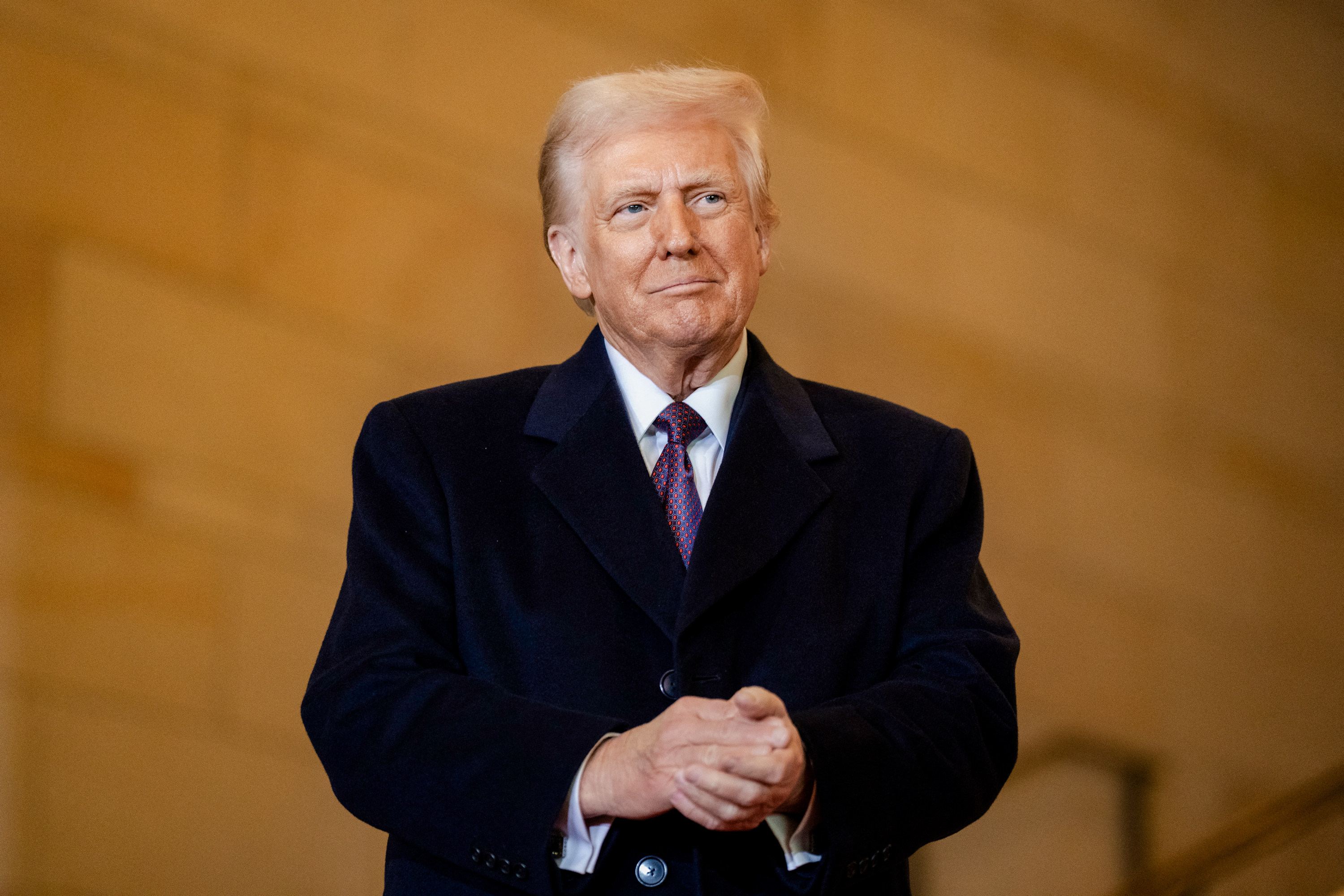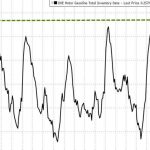What the New Law Says
In March, the Regulations on the Implementation of the Anti-Foreign Sanctions Law granted China broad powers to seize and take ownership of foreign-owned assets, including IP rights. The legal cover used by the CCP is outlined in Article 7 of the law, which allows for the confiscation of property held by companies that Beijing has identified as participating in or assisting in drafting sanctions against China.
Under the new and improved law of 2025, the term “assets” is clarified, if not greatly expanded. It includes property such as “cash, bills, bank deposits, securities, fund shares, equity, intellectual property rights, accounts receivable, and other property.”
In short, Article 7 gives the Chinese authorities the right to seize or freeze foreign IP of almost any kind. That list includes any patents, copyrights, trademarks, and trade secrets that are held in China.
What’s more, the law significantly lowers the bar for the Chinese authorities so that even minor or indirect involvement—a vague term, to be sure—in foreign sanctions drafting or implementation will be enough to have your money, stock account, real estate portfolio, corporate equity, and, yes, intellectual property confiscated by the CCP.
What the New Law Really Means
In other words, the new law is intended to be punitive to any company that wants to curb the Chinese regime’s illegal dumping practices in multiple industries, including solar and wind power, its legendary levels of IP theft—amounting to up to $600 billion per year from the United States alone—and other adversarial trading tactics that are intended destroy competition and benefit the regime. Furthermore, foreign individuals, companies, or organizations have no right to appeal. All decisions are final.
What company or individual can survive financially if all its trade secrets, market advantages, and financial, real estate, and capital equipment assets are suddenly frozen or confiscated, leaving the company or individual under suspicion with nothing?
A New Era: Institutionalizing IP Theft, Forced Technology Transfers
This new law shouldn’t surprise anyone familiar with doing business with China. As noted, IP and technology theft have been going on in China for decades. Most companies view it as a cost of doing business and making huge profits.
However, by making it an explicit policy, the law becomes just another part of a much larger geopolitical picture. The technology competition between the United States and China in areas such as artificial intelligence, robotics, bioengineering, and other emerging fields is intense. The same could be for Europe, Japan, South Korea, and other advanced, capitalist countries.
Plus, given the fact that the biggest tech companies in the world—such as Tesla, Apple, and Microsoft—are heavily invested in China and their supply chains rely on China-based factories, they face the real possibility of being targeted and losing their entire operations. This includes everything from intellectual property to manufacturing facilities to retail stores, all of which could be subject to confiscation by the Chinese authorities.
The Law Is a Response to US Trade Policy, Influence
The threat of confiscating trillions of dollars’ worth of U.S. businesses and any other foreign-owned companies is a threat that can’t be ignored. The CCP is making those companies pawns in its grander economic and geopolitical struggle with the Trump administration. In other words, they’re now bargaining chips in Beijing’s negotiations to moderate U.S.-imposed sanctions and tariffs.
How will Beijing leverage the threat of mass confiscation of U.S. or Western IP and other property based in China?
Beijing’s Risk Calculus
This new law is one more very good reason for foreign companies to diversify their supply chains and relocate their IP and assets out of China. Clearly, the CCP anticipated this response, so why enact such a law?
One may conclude that the CCP sees that neither the new U.S. policies nor the long-term trend of companies leaving China will change soon and, therefore, has decided to fight the Trump administration with the means at its disposal.
Chinese officials must also know that as time passes and more companies leave China, their ability to seize IP and property diminishes, yet they have decided that it was worth the risk.
How long will it be before the CCP takes that first big step of confiscating Tesla or Apple assets?











